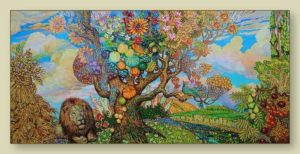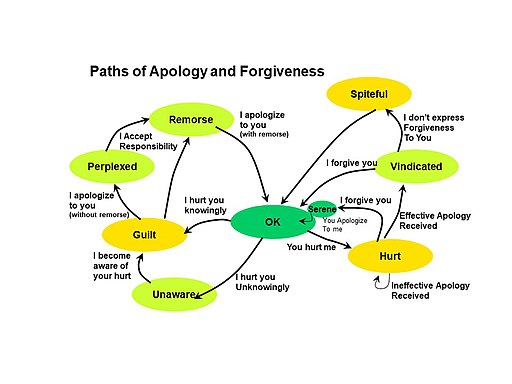Biden Embraces the Abundance Principle!

In the coverage of President Biden’s November 1, 2022 speech about the chaos the enemies of democracy want, something else important was missed: Biden is a rare politician who understands the Abundance Principle:
At our best, America’s not a zero-sum society or for you to succeed, someone else has to fail. A promise in America is big enough, is big enough, for everyone to succeed. Every generation opening the door of opportunity just a little bit wider. Every generation including those who’ve been excluded before.
We believe we should leave no one behind, because each one of us is a child of God, and every person, every person is sacred. If that’s true, then every person’s rights must be sacred as well. Individual dignity, individual worth, individual determination, that’s America, that’s democracy and that’s what we have to defend.
These powerful words embrace what I’ve been talking about for years: that we have enough to go around, but have to address kinks in the distribution and a lack of political will that leave some clinging by a thread while others amass far more than they need or even can use. These truths are amplified in powerful books like The Fortune at the Bottom of the Pyramid, Business Solution to Poverty, and my own Guerrilla Marketing to Heal the World.
We don’t need to live in a world crippled by dire hunger and poverty–cutting off who knows how many amazing new discoveries because the people who would have made them are too busy struggling for basic survival. We don’t have to accept war as a consequence of limited resources, because the abundance mindset understands that a particular resource is only one path to a goal, and there are others. We especially don’t need to go to war over petroleum (which has incited so many wars, including US-conducted wars in places like Iraq and Vietnam)–because we are already using different energy resources, such as solar, wind, and geothermal, which are already edging out fossil and nuclear in both financial and environmental benefits.
And we can absolutely reject the outdated concept that if one person or group wins, some other has to lose. The abundance mindset is collaborative: we win by joining forces for common goals. This powerful frame can apply to material goods, and also to intangibles like love–as Malvina Reynolds made clear decades ago in her charming song, “Magic Penny.”
How are you using abundance to create a better world? Please respond in the comments (which are moderated, so don’t bother filling it with junk).

